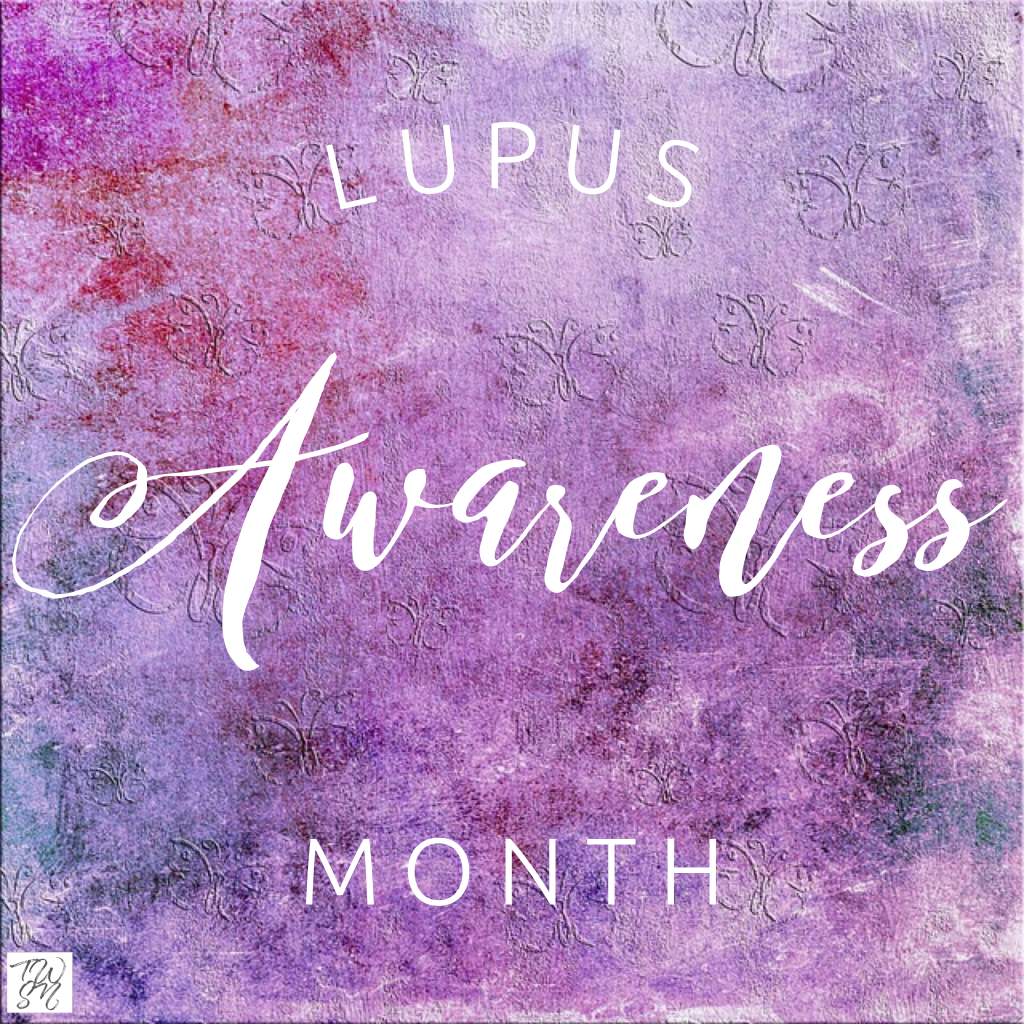Welcome to Focus On The Fight, a series of interviews that will be posted weekly, focusing on a different patient advocate and their health journey.
This week we will meet Kelly, she has a multitude of chronic condition including the condition we will highlight this week: MAST CELL ACTIVATION SYNDROME (MCAS).
Before we dive into the heavy stuff, please tell us all a little about yourself outside of your health! About your family or your hobbies !!
My name is Kelly, I’m 23, and I’m from a suburb of Chicago. I’m a blogger, I work in digital marketing, and I love my dog !!
What Chronic Illness (en) have you been diagnosed with? Which one will you focus on today? Mast Cell Activation Syndrome, Dysautonomia, Gastroparesis, Hypothyroidism
Let’s take a quick moment to look at what Mast Cell Activation Syndrome.
A mast cell is a type of blood cell which plays a VERY important role in a person’s immune system. These specific cells live in all body tissues and form part of the body’s initial defense system. These cells react to foreign bodies and injuries by releasing a variety of potent chemical mediators (like histamine) when activated. For a person who is healthy the chemicals released will act to protect and heal the body. But for a person with MCAS the chemicals released are triggered inappropriately, and actually have a negative effect on the body. The release of chemicals can be triggered by a wide variety of things, like food, exercise, chemicals, fragerence, stress, and medications. (For a more comprehensive list of causes click here.) Many who live with MCAS have a difficult time identifying their own triggers and may continue to discover new triggers for years after initial diagnosis.
MCAS can cause a wide variety of symptoms, some of which can be debilitating, Many times more than one body system will be affected at the same time. MCAS is often sudden and can be seen in kids and adults alike and symptoms can mimic those of other conditions and be hard to pinpoint.
According to The Mastocytosis Society “Symptoms may include, but are not limited to: flushing of the face, neck, and chest; headache; tachycardia and chest pain; abdominal pain, bloating, gastroesophageal reflux disease (GERD), diarrhea, vomiting; uterine cramps or bleeding; rashes, including maculopapular cutaneous mastocytosis (MPCM)/urticaria pigmentosa (UP), telangiectatic lesions; bone/muscle pain, osteosclerosis, osteopenia, osteoporosis; itching, +/- rash; blood pressure instability; brain fog, cognitive dysfunction; anxiety/depression; lightheadedness, syncope; and anaphylaxis. These symptoms may appear as acute or as chronic conditions. It should be noted that the manifestation of anaphylaxis or similar symptoms among infants and preschoolers may be more difficult to identify.”
Now let’s jump into the rest of Kelly’s interview.
Diagnosing a Chronic Illness can sadly be a VERY long process! For you, how long did it take for an official diagnosis? And did you have to act your own advocate to get a doctor to take what was going on in your life seriously and look for a diagnosis?
It took one year for a doctor to mention the words, “mast cell disease.” It took another year and a half to get an official diagnosis from my specialist. A surgery triggered my MCAS, but I had a lifetime of inflammatory symptoms.
Chronic illness is just that, chronic. Please share with us how your illness (s) impacts your daily life!
My illnesses impact all parts of my daily life. I do not usually think about this because I am living with my second nature. From the time I wake up, to the time I go to bed, my daily routine revolves around my chronic illnesses. My conditions sometimes even demand attention during the night. Medications, infusions, and dealing with symptoms are part of my daily routine.
Sadly, being chronically ill can take a toll on all kinds of relationships. Have you noticed this in your life? If so how has your health impacted the relationships in your life?
Yes, chronic illness impacts all types of relationships. It’s stressful for families. It is difficult to watch a family member deal with chronic illness. Maintaining friendships is also difficult. Unless you live with a chronic illness, it’s almost impossible to relate to anyone who has one. My illnesses do not define me, but they are part of me. Chronic illness is not mainstream. It can be tough to find people who accept you and your illnesses.
Sadly, living with chronic illness can be live changing. Have you found that your life has changed significantly over the years of living with your condition? If so, in what ways has it changed?
I prefer focusing on what I can do rather than what I can not do. But, chronic illness has greatly altered my life. It’s changed my life in too many ways to list. Everything I do is methodical. Nothing is spontaneous. I do not leave the house without my mask and rescue meds.
All diseases have different kinds of flare ups, and every one will exhibit different signs of flare ups. For you what signs do you know to watch when a flare is coming your way?
I have baseline symptoms all of the time, but I do not have “bad” days. My flares usually present themselves with bad facial flushing, migraines, vomiting, fainting, and bad joint pain.
What do you do to treat your flares? Or to make your bad days better?
I use IV rescue medications for flares. Oral medications are usually not effective enough because of my gastroparesis. I also love heating pads. I actually have a collection of them !! You know you have a chronic illness when …
Being diagnosed with a chronic illness can be very overwhelming. If you could give one piece of advice to someone who is going through the diagnosis process, or is newly diagnosed, what would it be?
I would tell someone to take ownership of the illness. It’s natural to want to ignore a chronic condition, but once you take control of it, you’ll feel more empowered. Doing research, networking, and spreading awareness will help.
Where You Can Follow Kelly
For more information in Mast Cell Activation Syndrome check out the website below.
https://www.mastcellaction.org/about-mcas
With Love,
Amber




This is such a cool segment that you are doing Amber! I love being able to learn able others who are dealing with the same or similar conditions. You are giving us all a good resource. I wanted to let you know that I have nominated you for the Disability Blogger’s Award. What you are doing is amazing and you really deserve it! https://thechronicallyunimaginable.blog/2019/04/29/disability-blogger-award/
Oh thank you for the kind words and the nomination!! So sweet of you.